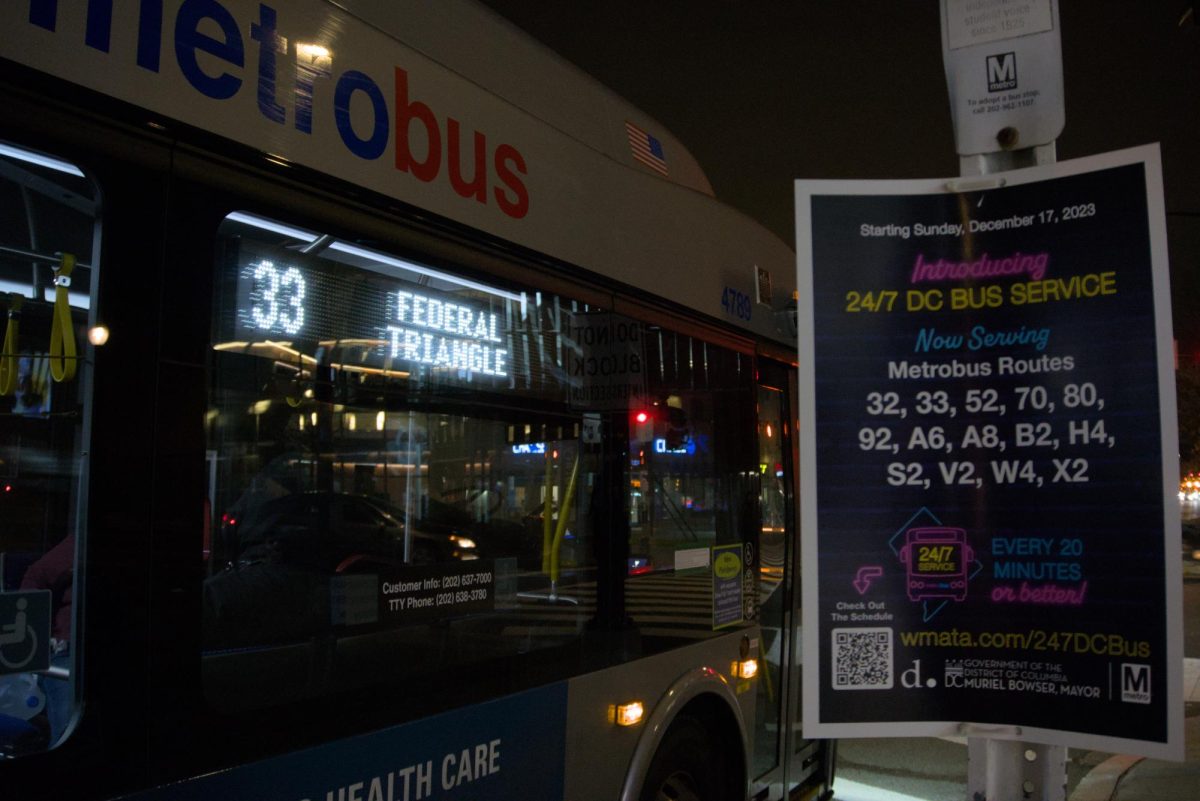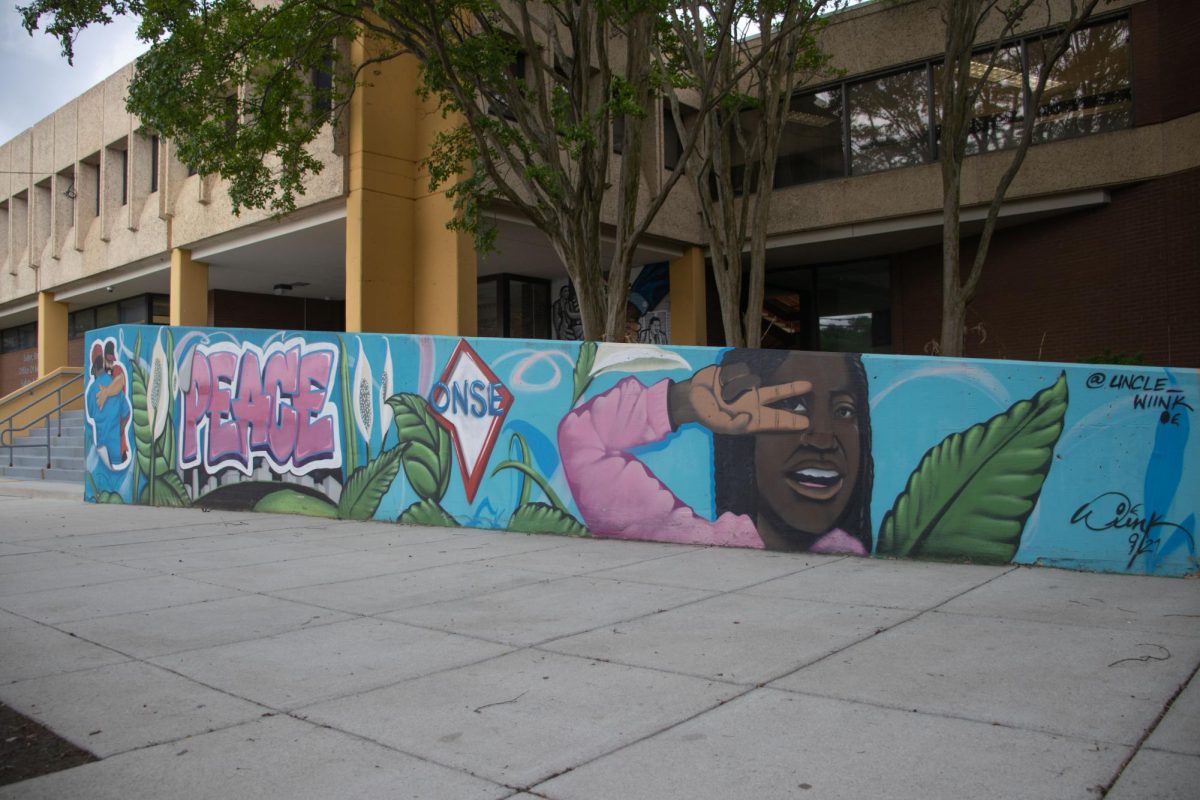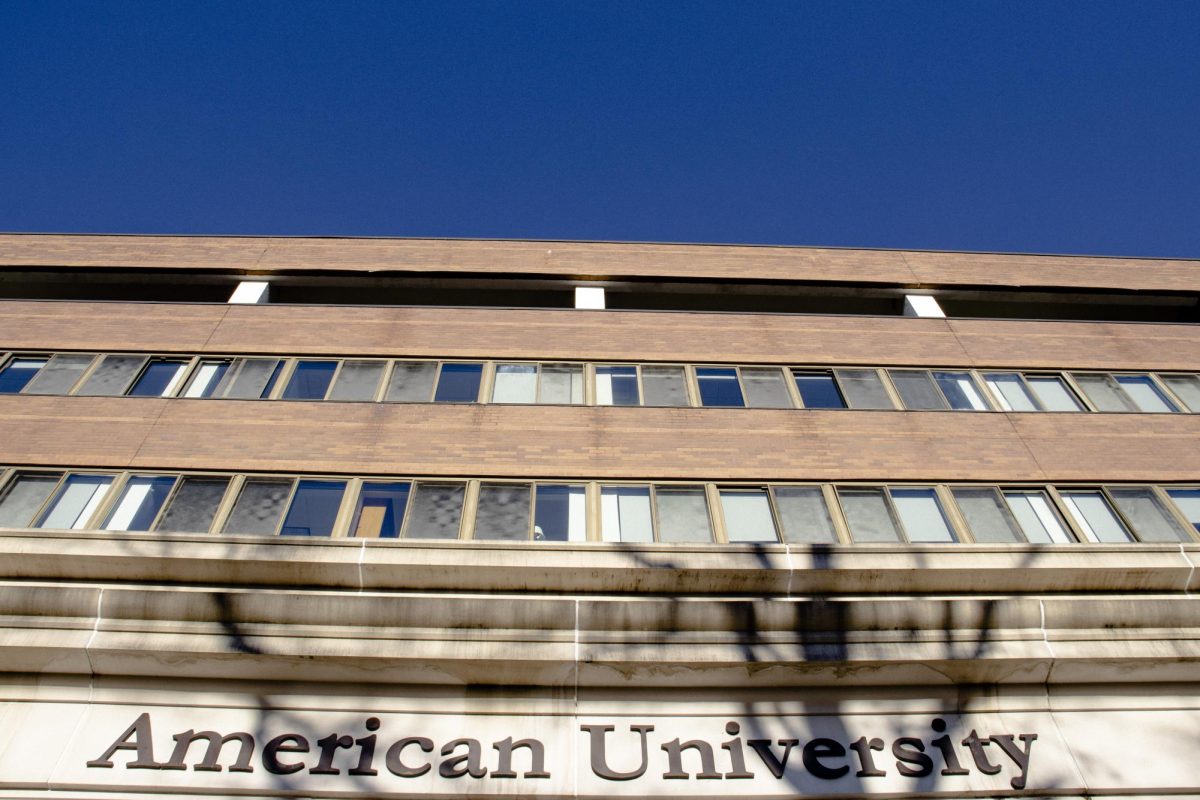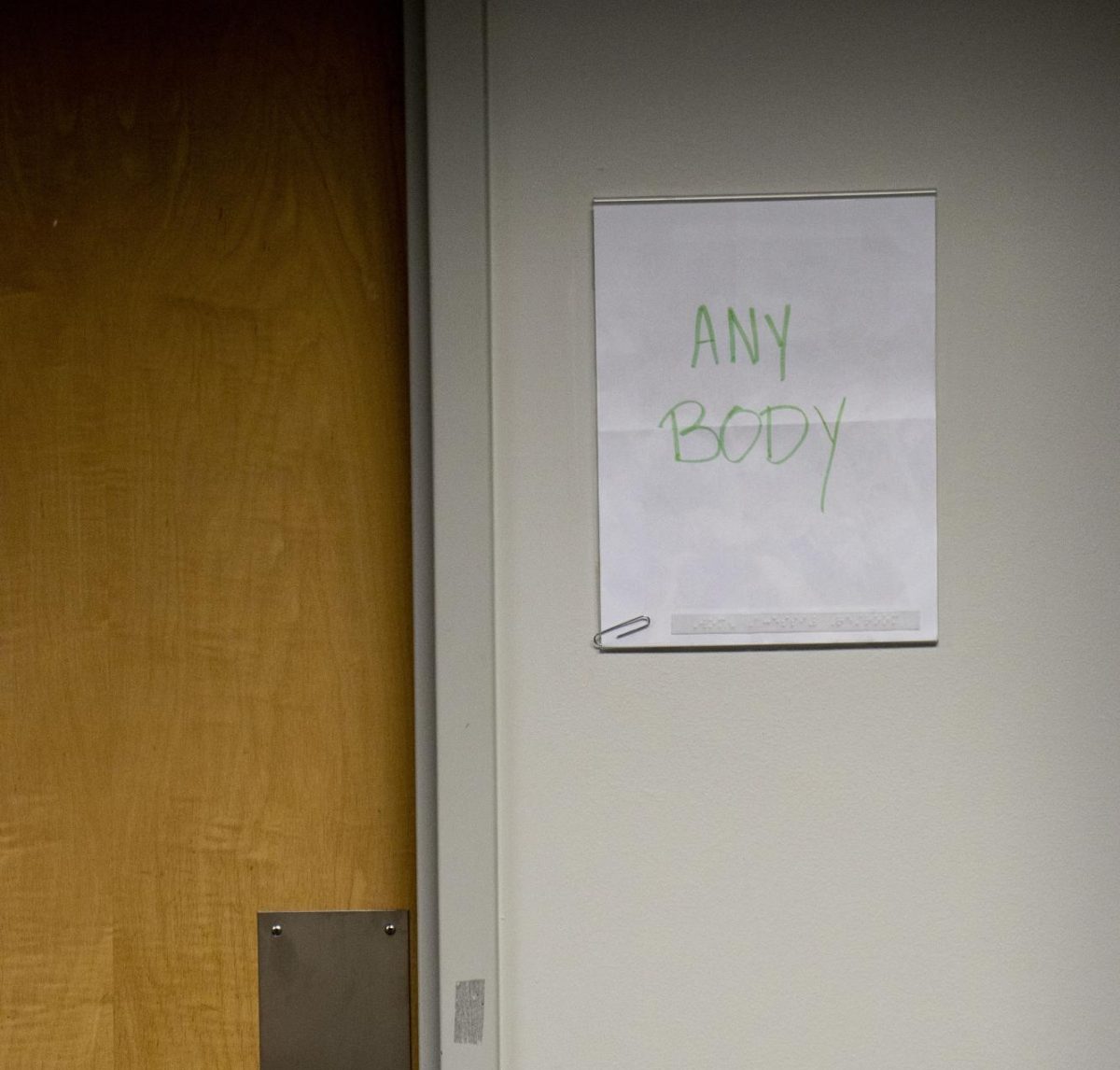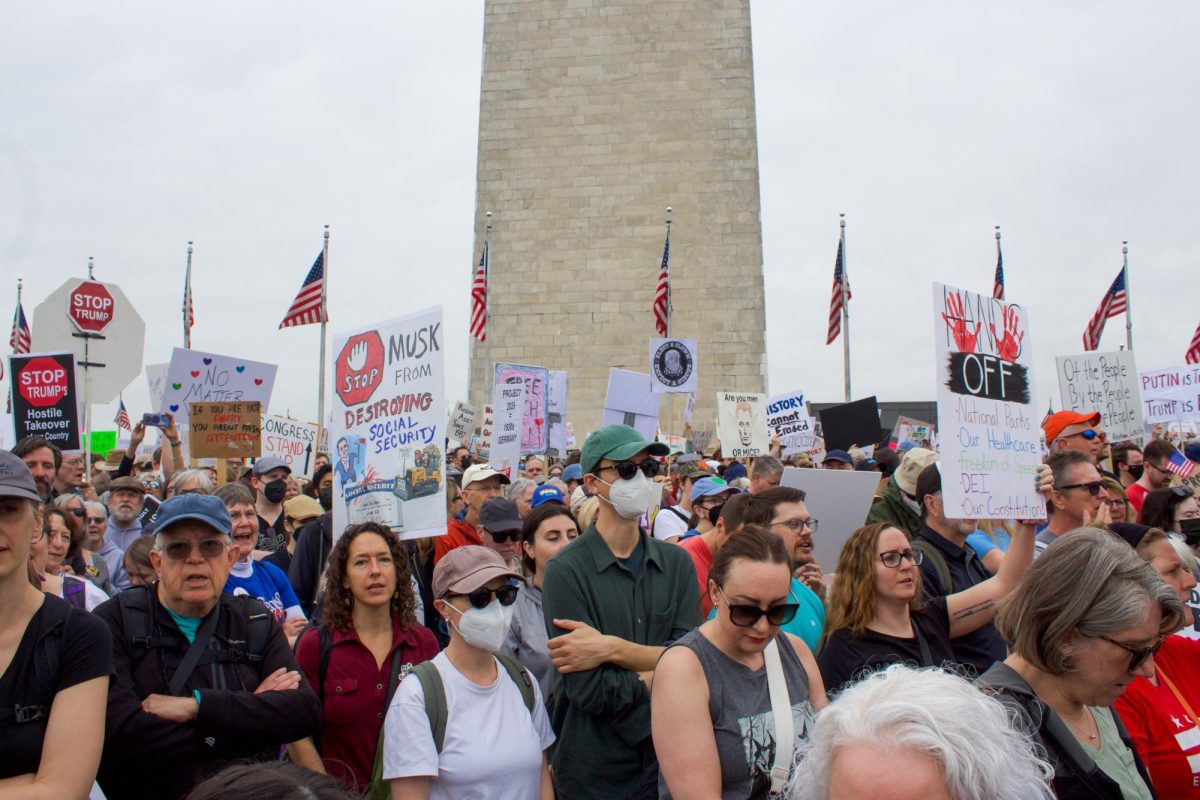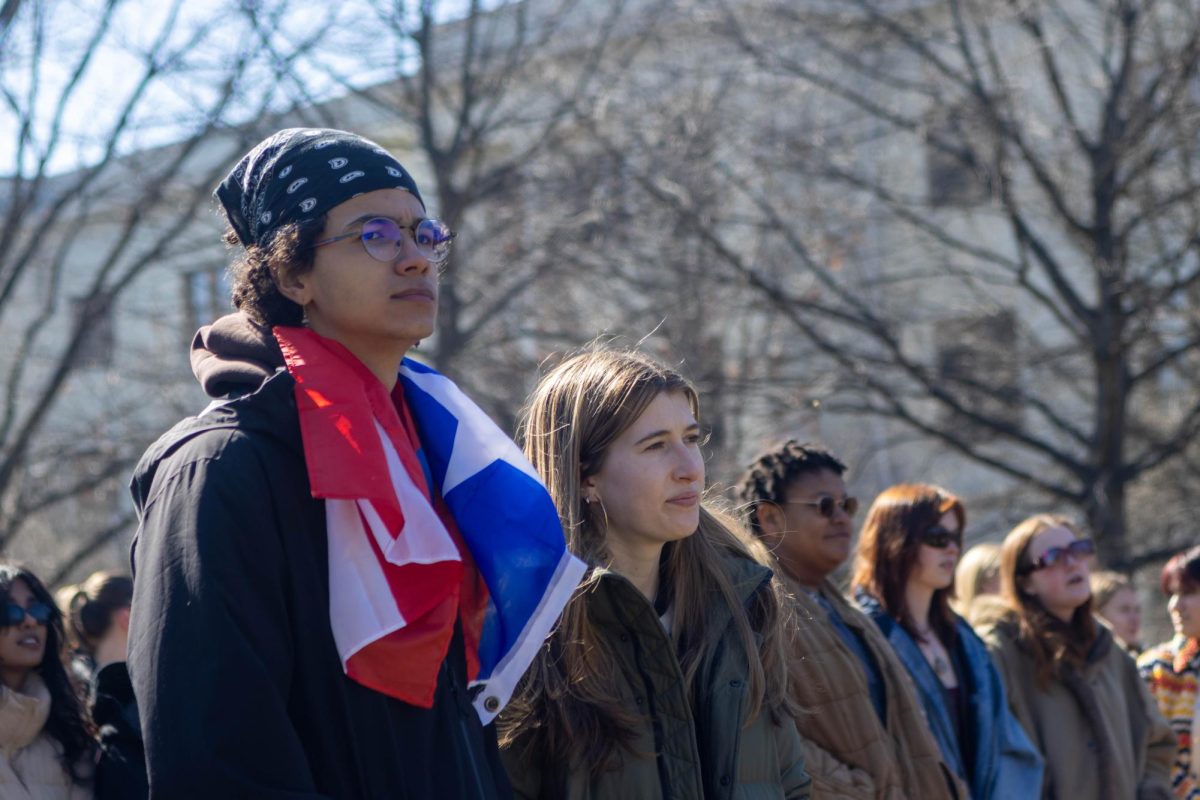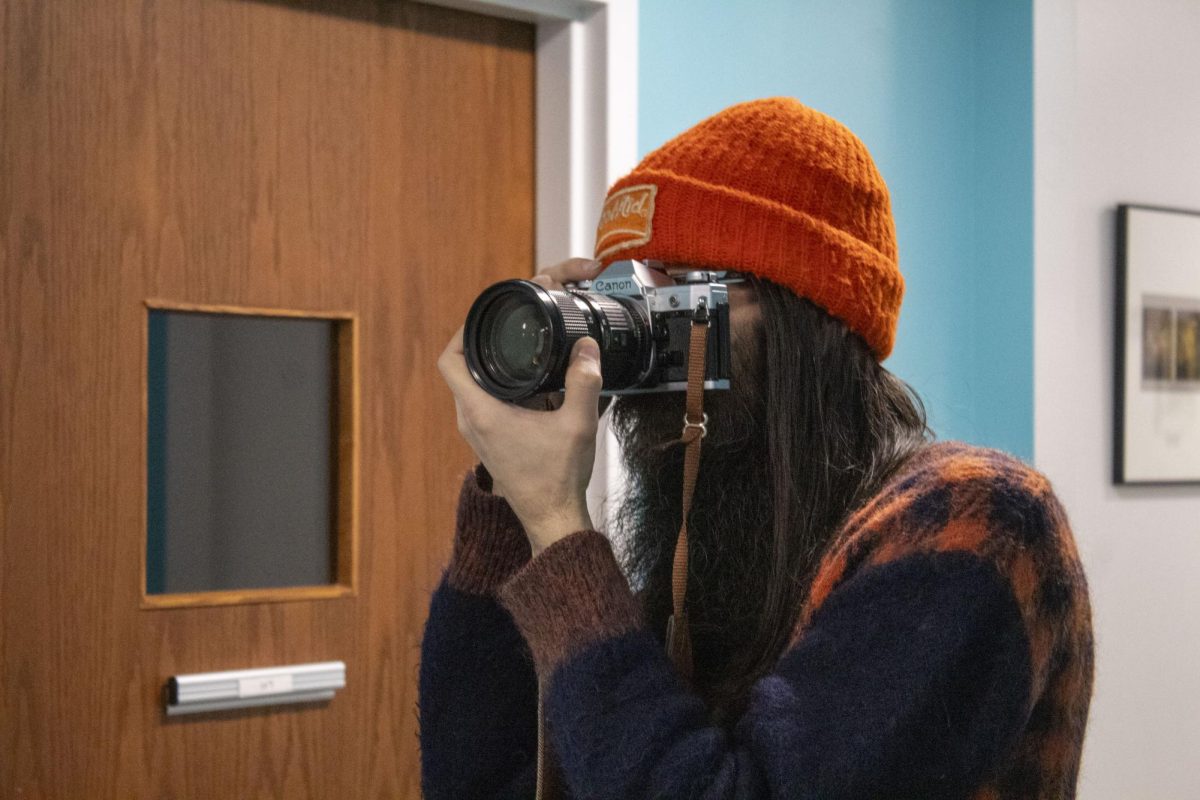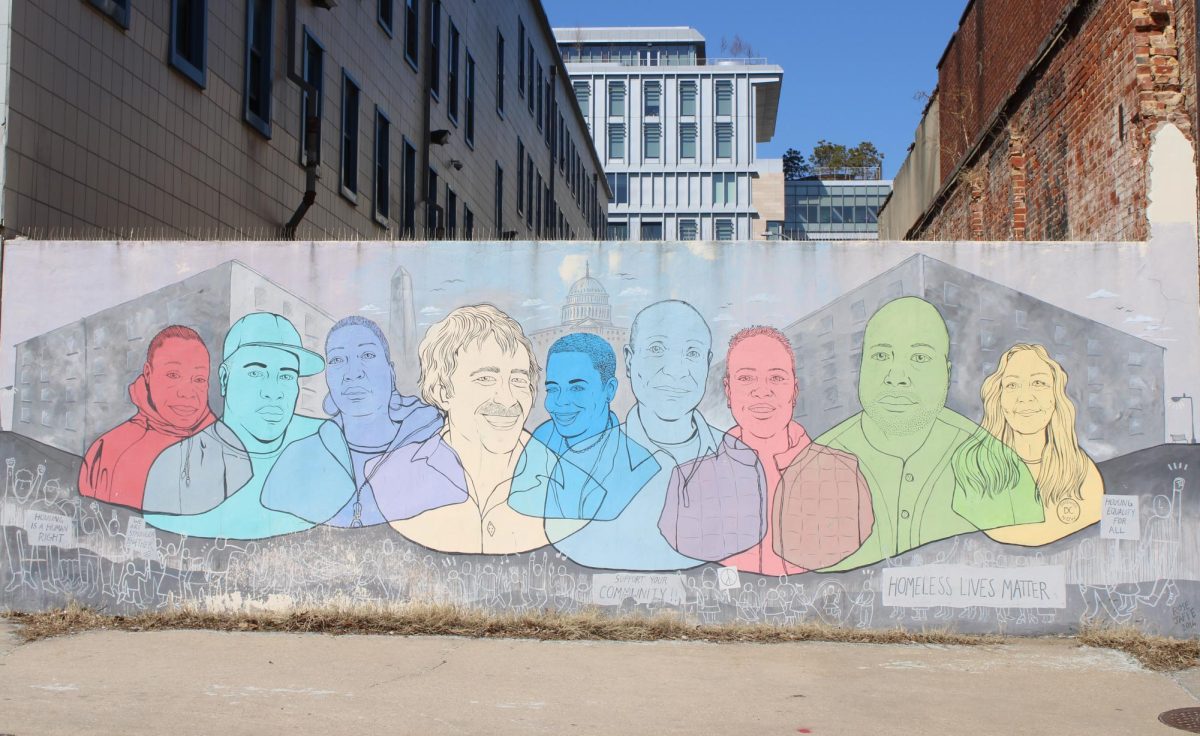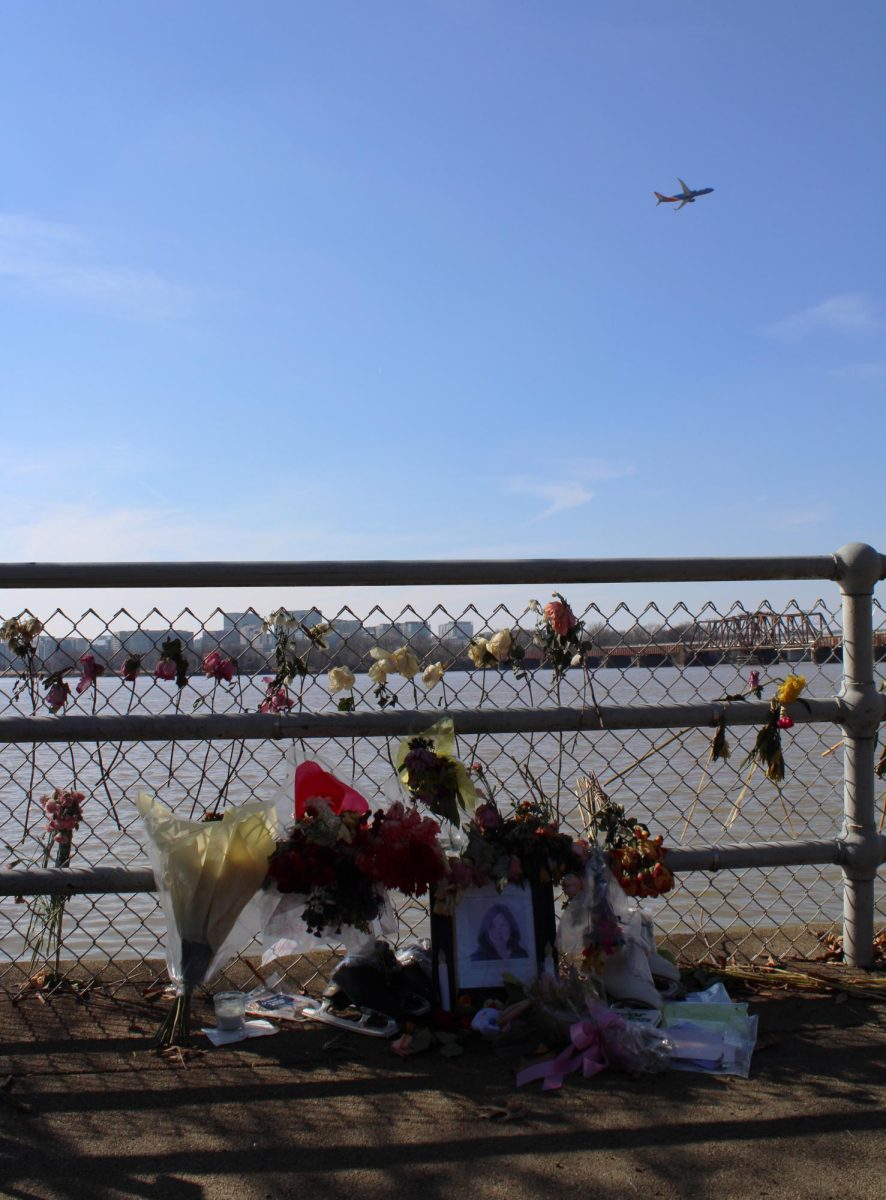Following the launch of 24/7 bus service on several Metro routes on Dec. 17, 2023, students have been utilizing the service and Metro officials are implementing policies geared towards passenger equity and safety.
The extended bus service applies to 14 of the system’s busiest lines, operating every 20 minutes or better, according to the WMATA website. The 24-hour service also applies to the 33 and H4 lines, which both serve Tenleytown. Alumna of American University Daniella Olivares said she sees the convenience of overnight bus service.
Olivares said she was visiting a friend in Glover Park one night around 11:30 p.m., and the bus was not arriving. She said she debated walking or calling an Uber. This was before the extended service program began.
“I was like, either I walk or I take an Uber,” Olivares said. “And the Uber was $20. I cannot spend $20 on a five-minute drive.”
She said there are benefits of overnight bus service for students on a budget, such as weighing the costs of an Uber or being forced to walk when going out at night.
To prepare for the expanded bus hours, the Washington Metropolitan Area Transit Authority, WMATA, implemented equity studies and developed policies, like increasing special officers and patrols, to address consumer safety. Senior Vice President of Bus Services Leroy Jones said the overnight service will be convenient for residents and bring equity to overnight workers who rely on public transportation to get to work.
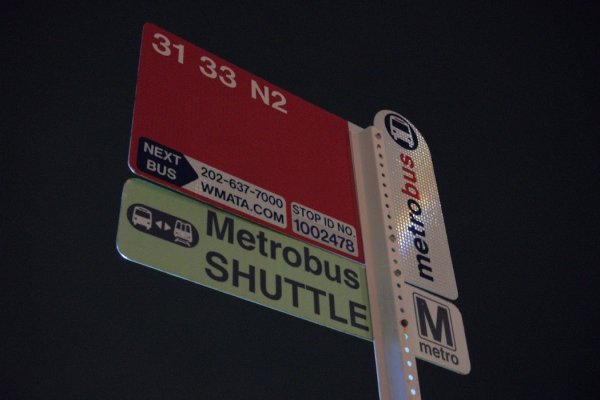
“From an equity perspective, at least 13 routes underwent Title VI analysis in 2021, prior to actually implementing the frequent service network,” Jones said. “We also considered that the overnight bus there will provide access to workers in the service industry, which we know is very important to the region.”
Title VI of the Civil Rights Act of 1964 prohibits discrimination or denial of benefits on the basis of race, color or national origin by any federal funded organization, according to the Department of Housing and Urban Development.
Jones said Metro conducted a mobility study in 2020 to understand the usage of early morning and late night bus services. The study found that most of the people utilizing the service made $30,000 annually. Jones said that is about $5,000 lower than the median pay for daytime workers.
WMATA released a project brief on Oct. 12, 2023, that outlined service goals and benefits of 24-hour bus service. According to the brief, the extended bus service is expected to benefit late-night workers and businesses.
Jones said the overnight service aims to provide affordable transportation to “a group of hard-working individuals who are working their hardest to support our region.”
The project brief also included hiring goals for overnight service with increased police presence at bus hubs and overnight bus checks along specific bus lines and to include both uniformed and plain clothes ride-alongs.
In an email to AWOL from WMATA Media Relations Manager Sherri Ly, Metro provided crime data from February to June 2023, in which crime decreased per million. However, when looking at Metro Transit Police’s monthly crime reports, violent crime increased 96.4% in November 2023.
Since January 2024, overall Metro crime only rose 3% with 81 offenses happening onboard a Metrobus or at a Metrobus stop since the start of the New Year. Last year, 149 offenses occurred in January.
Ly said in the email the agency has created various objectives for overnight bus service to ensure passenger safety.
“We want every customer and employee on Metro to feel safe, and [we] have launched a number of customer service and safety initiatives,” Ly said in an email. “This includes increased patrols, the hiring of crisis intervention specialists and partnerships with local law enforcement agencies and special police officers to patrol stations, freeing up additional MTPD resources to focus on Metrobus and other areas.”
Jones said there are additional steps Metrobus is taking to ensure the safety and comfort of its riders on 24-hour service buses, such as the addition of courtesy stops, which allow riders on most overnight routes to get to their destination faster and safer by allowing stops between authorized Metrobus stops.
“Just let the driver know, ‘Hey, I would like to get off. I’m requesting a courtesy stop,’” Jones said.
In addition to courtesy stops, WMATA has implemented both overnight ride-alongs and increased patrols of MTPD officers.
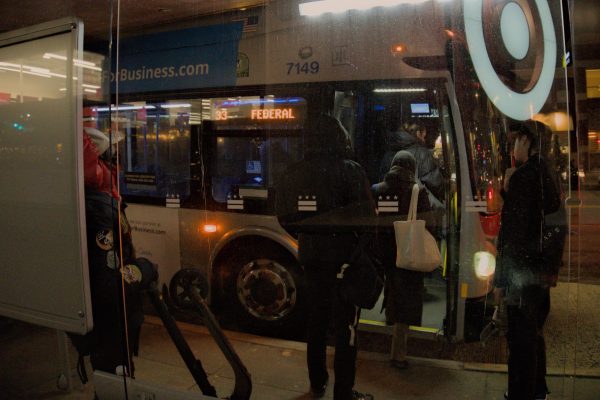
Congressional Intern Eric Aboodi said he prefers Metrorail to Metrobus because of safety and efficiency. He said he recently moved to the district and questioned whether riders would feel safe onboard overnight buses with an added police presence.
“Police might not necessarily add a feeling of increased safety, but someone who may be an official, I think, would actually be quite helpful,” Aboodi said. “Maybe it’d be good to have a driver or someone in some sort of colorful vest that distinguishes them as members of some sort of transportation organization in D.C., and that can be good, just to have some sort of authority figure.”
Olivares said the bus service could be convenient to students, but that they should be mindful of the state they’re in while utilizing overnight service.
“You need to think of what state you’re in,” Olivares said. “Are you able to get on public transport, do you know where you’re getting off, is it safe for you or what? It may be safest to be in an Uber, but there’s pros and cons. Either you’re alone in someone’s car, or you’re on public transportation.”


